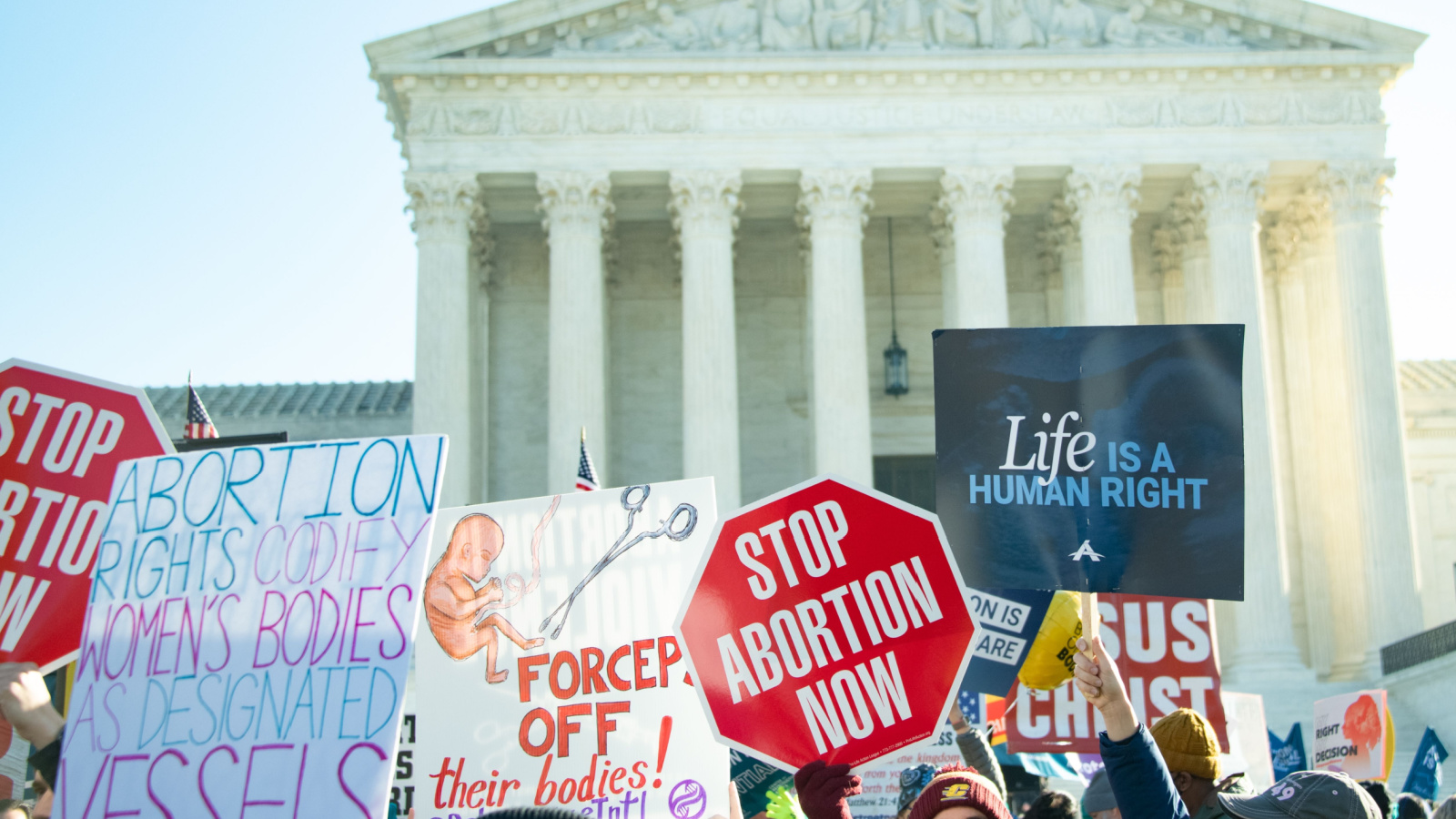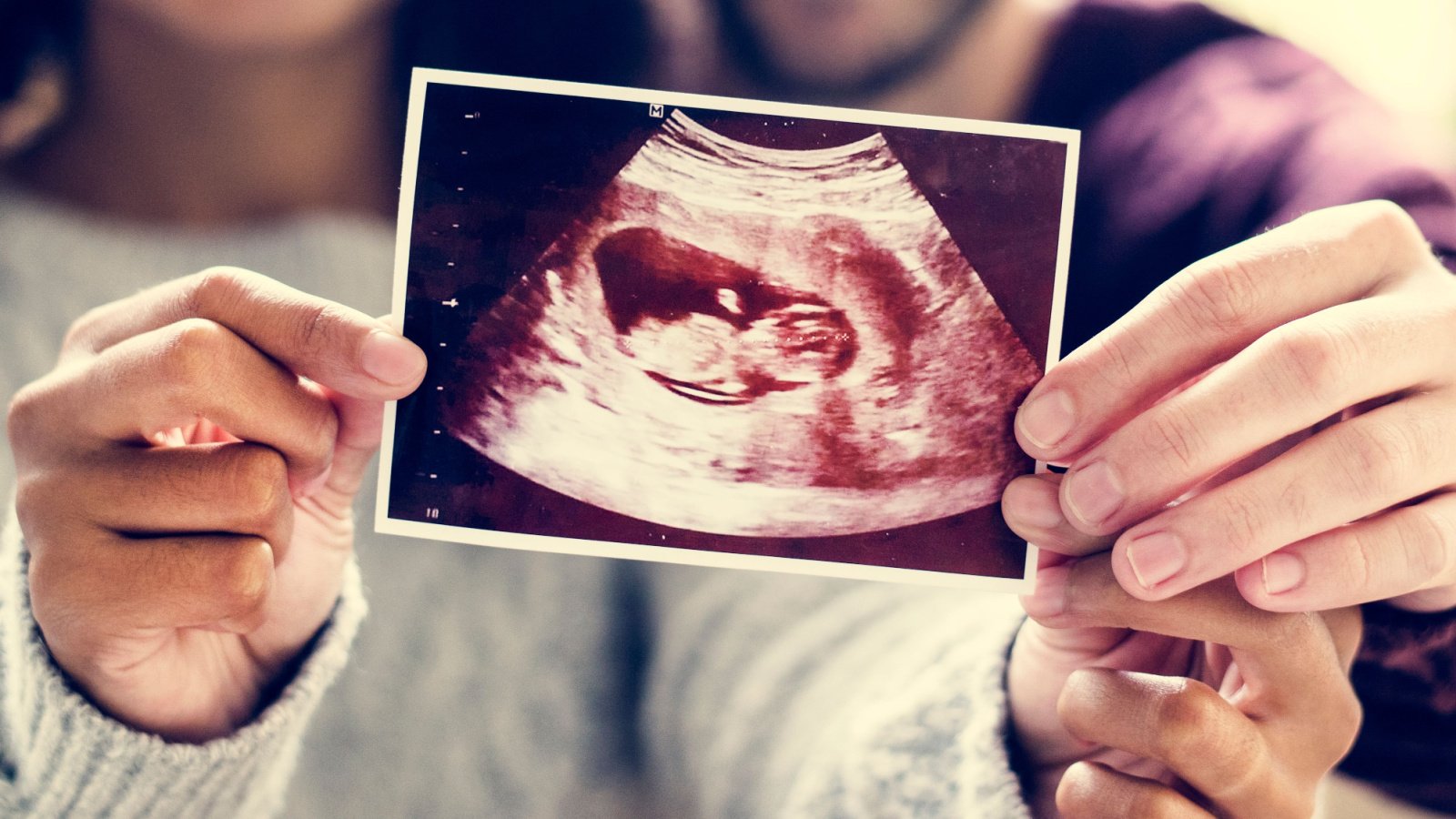French lawmakers have now made abortion rights a constitutional guarantee. This historic vote marks a pivotal moment in women’s rights and reproductive freedoms. France continues to show an unwavering commitment to protecting its citizens’ and is setting a new standard in the fight for equality.
A Historic Leap in France

In a monumental stride for women’s rights, French lawmakers have unanimously passed a bill to cement abortion rights into the nation’s constitution, guarding against any future attempts to overturn these freedoms. This groundbreaking decision came to life in a stunning 780-72 vote during a special assembly at the iconic Palace of Versailles, showcasing the robust support for abortion that spans across France’s political landscape since its legalization in 1975.
A Constitutional First

With this vote, France emerges as a pioneer, becoming the inaugural nation to constitutionally guarantee abortion rights since the former Yugoslavia’s 1974 constitution. Echoing the progressive ethos of the past, Serbia’s 2006 constitution also champions the right to decide on childbirth, signaling a continued commitment to reproductive freedoms.
Nationwide Celebration

The announcement of the vote’s outcome was met with thunderous applause and visible joy among lawmakers, particularly the women, who celebrated this historic achievement with wide smiles. Across France, waves of jubilation swept through, as women’s rights advocates celebrated a victory long championed by President Emmanuel Macron, especially in the wake of the Dobbs decision by the U.S. Supreme Court.
A Call to Lead

Prime Minister Gabriel Attal seized this historic moment to urge France to stand at the forefront of championing women’s rights globally. In an impassioned plea before the 925 lawmakers in Versailles, Attal evoked the memory of Simone Veil, the iconic figure who led the charge to decriminalize abortion in 1975, urging the assembly to honor her legacy and make a transformative impact on history.
Unwavering Support

The path to this momentous occasion saw overwhelming support from both houses of the French parliament, with the National Assembly and the Senate passing the proposal with flying colors. This legislative triumph, a fulfillment of a promise made by Macron’s administration, aims to fortify a woman’s right to abortion against any potential challenges, requiring a three-fifths majority in the joint session for approval.
Across the Aisle

The consensus on abortion rights in France spans the political spectrum, with none of the major parties in parliament, including Marine Le Pen’s National Rally and the conservative Republicans, opposing the fundamental right to abortion. Despite previous resistance to embedding abortion rights in the constitution, the overwhelming majority have voiced their support, marking a significant moment in France’s legislative history.
Unanimity and Caution

Marine Le Pen, leading a party that recently achieved unprecedented success in the National Assembly, signaled her party’s support for the abortion bill, albeit with a reservation that the day need not be labeled as historic. This stance comes amidst an overwhelming consensus among the French populace, where a recent poll indicated over 80% support for abortion rights and a strong majority in favor of constitutional protection for these rights.
Nationwide Jubilation

Before the parliamentary session even commenced, France was alight with celebrations, signaling a collective anticipation for the bill’s approval. Sarah Durocher, a prominent figure in the Family Planning movement, hailed the vote as a dual triumph for feminist efforts and a setback for those opposing abortion rights, underlining the transformative impact of this legislative advancement.
Strengthened Protections

With abortion rights now enshrined in the constitution, activists argue that it significantly bolsters the safeguard against any attempts to restrict women’s freedom to terminate pregnancies. Anne-Cécile Mailfert of the Women’s Foundation emphasized the enhancement of protection for this fundamental right, ensuring that current and future generations of women in France will retain their reproductive autonomy.
Global Contexts and Concerns

The bill’s introduction highlighted the precarious state of abortion rights in the United States as a cautionary tale, pointing to a broader international trend of challenges to reproductive freedoms. The recent U.S. Supreme Court decision, revoking a half-century-old abortion rights guarantee, has reignited debates across Europe, underscoring the urgency of the issue in France amidst political shifts.
A Warning from Experts

Mathilde Philip-Gay, a legal scholar, cautioned against complacency, noting the rise of far-right movements in Europe as a potential threat to women’s rights. She warned that the political landscape could change, potentially allowing for the rollback of rights similar to what occurred in the U.S., emphasizing the importance of vigilance in protecting these freedoms.
A Constitutional Milestone

Inscribing abortion rights into the French Constitution marks a significant but not impervious milestone, as future political shifts could still pose challenges. Yael Braun-Pivet, the first female president of the French parliament, poignantly reminded the assembly of the fragility of rights once thought secure, highlighting the ongoing struggle to safeguard these freedoms against political vicissitudes.
The Challenge of Amendment

The process of amending the French Constitution is notably rigorous, with the current document having undergone revisions only 17 times since its enactment in 1958. The latest amendment in 2008, which expanded parliamentary powers and introduced the right for citizens to appeal to the Constitutional Court, underscores the complexity and rarity of constitutional change in France, emphasizing the significance of the recent vote to protect abortion rights.









WhatsApp web’ https://www.ws-aes-whatsapp.com Create polls for group decisions on WhatsApp Web. . Date: 2026-01-14 01:11:24 (-03).
Awesome post! Join the fun at https://www.web-pbd-whats-app.com WhatsApp 网页版允许您设置自定义通知,帮助您随时掌握聊天动态。 . Date: 2026-01-14 16:52:17 (-03).